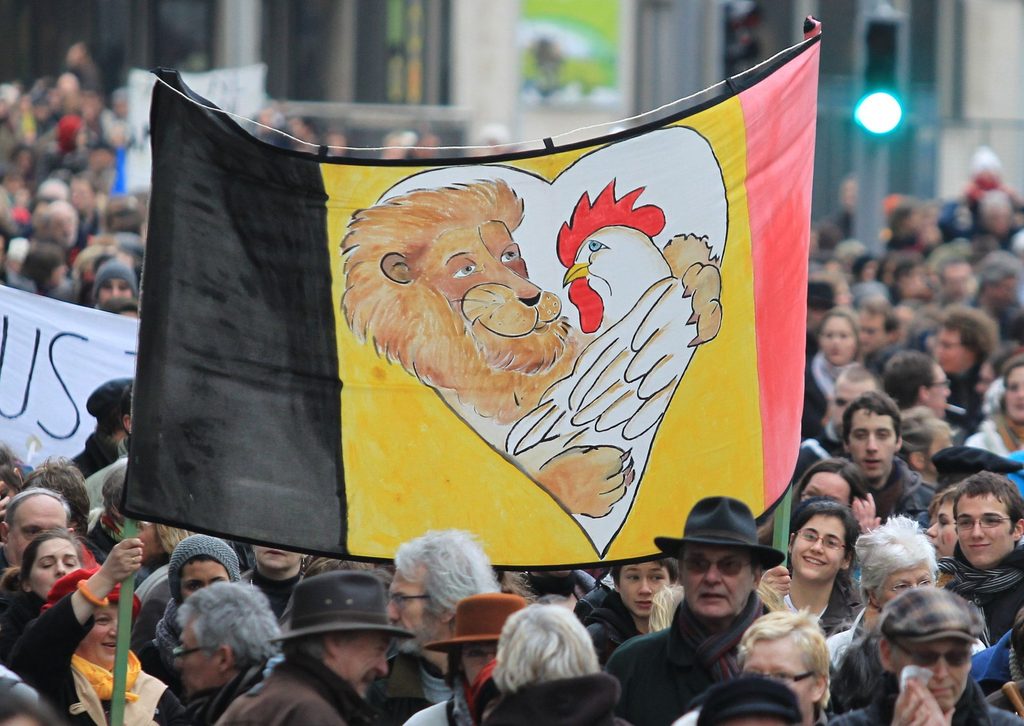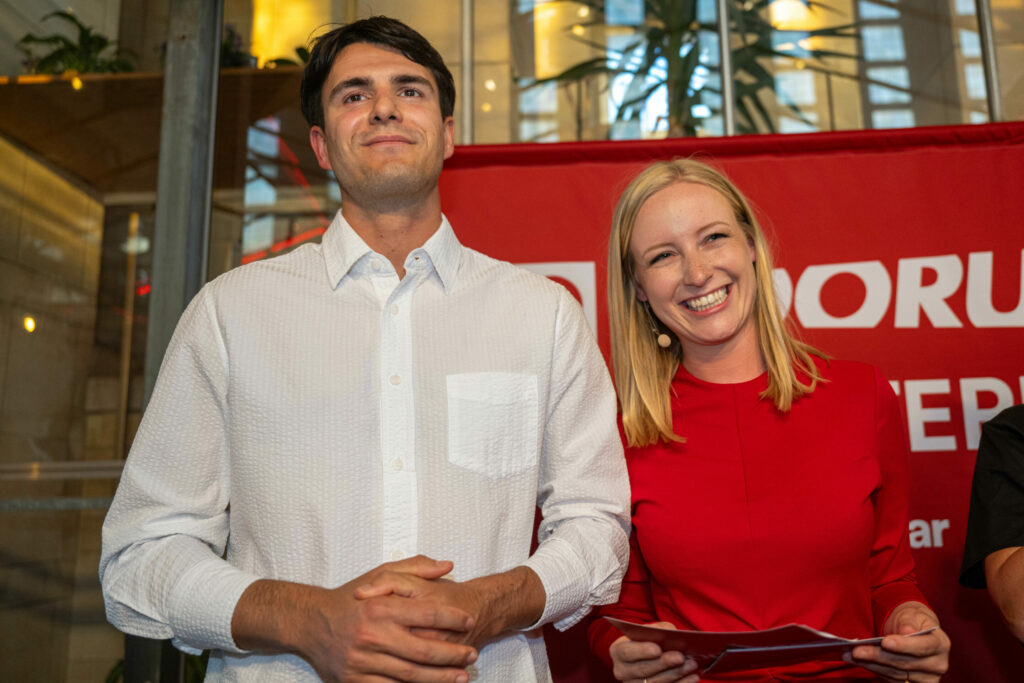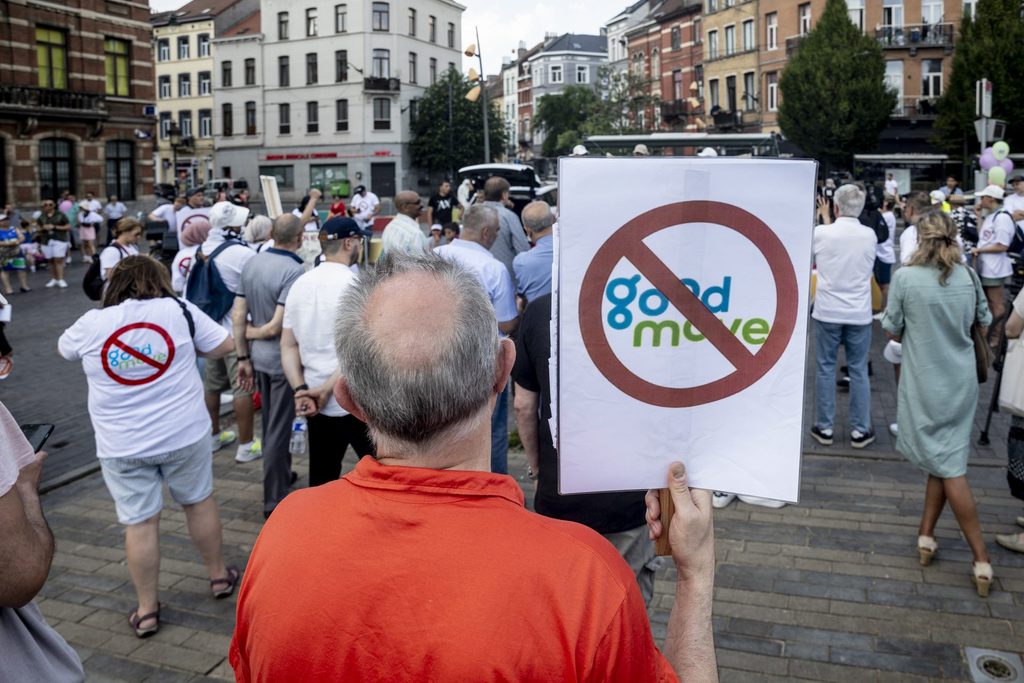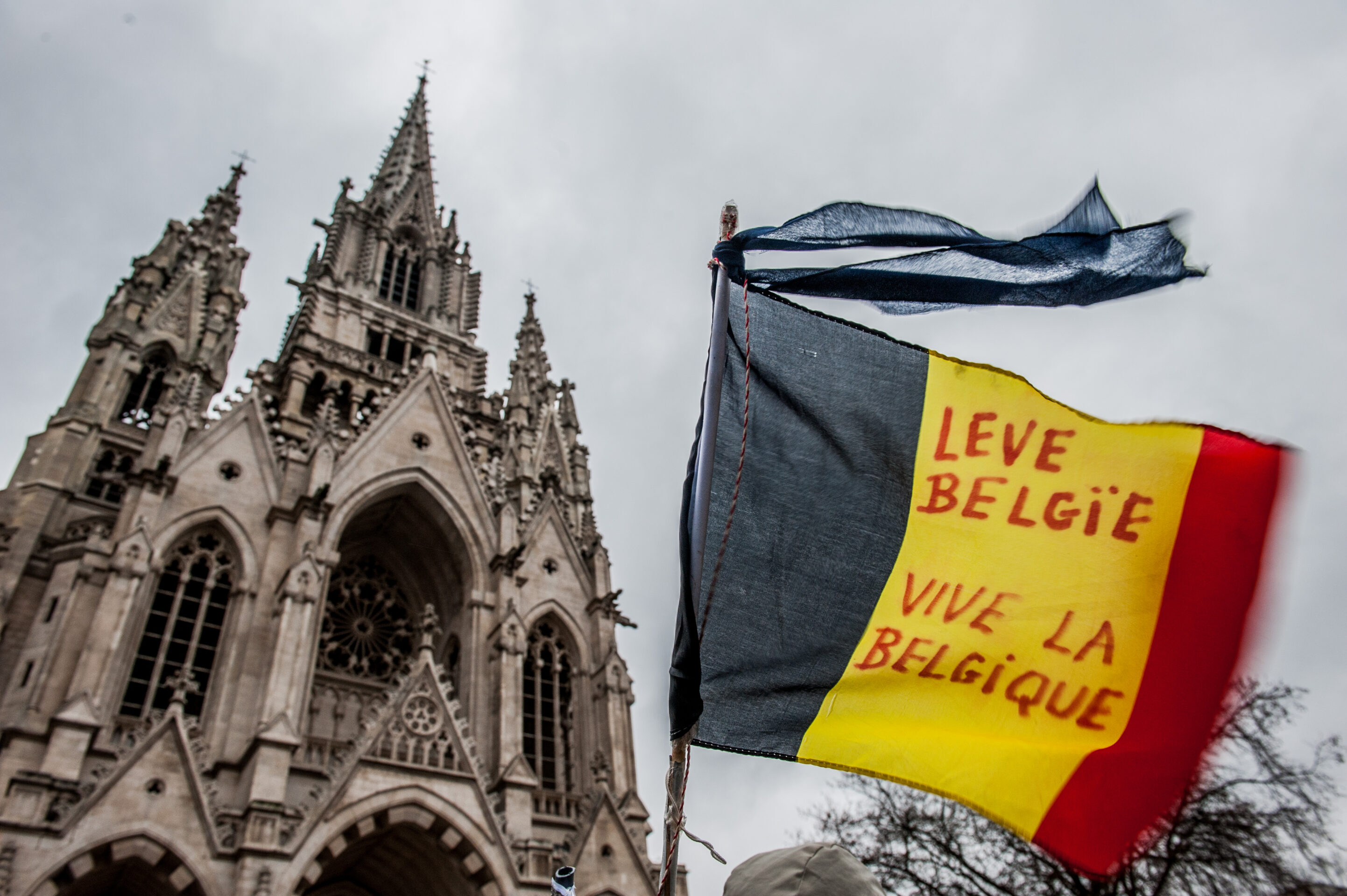Does forming Belgium's government need to take hundreds of days? With several parties choosing to go into opposition and the Walloon Government already in the making, the Federal Government could be formed before you know it.
While experts predicted an even more tricky government formation than after the 2019 elections – which left Belgium without a government for nearly 500 days – how the chips have fallen this time could simplify the task of finding a workable coalition.
"That doesn't mean that forming Belgium's different governments will be a walk in the park, but there are reasonably obvious coalitions to work with," Dave Sinardet, professor of political science (VUB), told The Brussels Times. On Wednesday afternoon, the King officially appointed election winner and N-VA leader Bart De Wever to start leading the formation discussions.
Flemish + Walloon = Federal?
For the Flemish Government, Sinardet sees only one real possibility: rightwing N-VA + socialist Vooruit + centrist CD&V. This coalition is nicknamed the "rocket ice lolly", denoting the yellow, red and orange colours of the parties.
This government would likely be quite quick to form, leading some experts and politicians to wonder whether the negotiations could be concluded in time for the official holiday of the Flemish Region on 11 July. But Sinardet called this "very ambitious".
"Even though it seems fairly obvious mathematically, the parties are still facing a difficult task. Especially Vooruit, as it will have to show that the next government will be different from the previous one. It will have to be more social. But then again, they may find an ally in CD&V."

A large Belgian flag with the Flemish lion and the Walloon rooster embracing each other. Credit: Belga / Julien Warnand
In Wallonia, the liberal MR and centrist Les Engagés have already announced they will form the regional Walloon Government and partner in the French Community Government (also known as Federation Wallonie-Bruxelles). They have also stated their intention to partner on all other government levels.
"In theory, that's all pretty straightforward. For the Federal Government, you could just those two together," Sinardet said. The biggest issue, he explains, is that a centre-right coalition is not possible at the federal level because it lacks seats on the Flemish side. "That means Vooruit is essential, and it is not so obvious for a socialist party to join an otherwise centre-right government."
Playing hard to get
Vooruit knows they are needed so the party will be able to set key terms for their participation. On Wednesday, Vooruit leader Melissa Depraetere stressed that her party would not join a government "just like that" but will demand guarantees that no savings will be made on healthcare, among other social sectors.
"As they would be the only leftist party in the government, Vooruit doesn't want to be accused of implementing the policies of a rightwing coalition; so they would need assurances. They are in a precarious but powerful position, so they will want to make the most of that," Sinardet said.
Vooruit's French-speaking counterpart PS already announced that they would join the opposition after their electoral defeat. But Sinardet believes they might change their minds if no government is formed yet in two or three months: "Part of it is also strategy: if you weren't asked it's easy to say you weren't interested."

Vooruit's Conner Rousseau and Vooruit's leader Melissa Depraetere at the party's post-election meeting. Credit: Belga/ Jonas Roosens
While Vooruit would prefer not to break ties with its sister-party PS, Sinardet does not think that PS being in opposition would stop Vooruit from joining the government. However it might still take some time before all the conditions are hammered out in a coalition agreement. "It would be amazing if all that happened before the National Day on 21 July, but that is unthinkable... Maybe before the end of the summer, who knows."
Together, the five parties would have 82 of the 150 seats in Parliament – giving them a relatively comfortable majority.
The Brussels headache
Brussels is uniquely complicated. On the Dutch-speaking side, environmentalists Groen are "unavoidable", Sinardet says. The party must either align itself with newcomer Fouad Ahidar (a potentially tricky commitment given the unknowns that come with a new political entity) or form a coalition of four, with Open VLD, CD&V and Vooruit as partners.
However the latter option would be problematic, given there are not enough ministerial positions to distribute among the four parties. "But there might be a way around that because there are always some positions outside the government, like some high representatives. Or splitting a mandate into two."
That leaves the French-speaking side, where liberal MR was the big winner and therefore the first to lead the government formation. However, MR has been scathing about the Good Move mobility plan, which was the central policy during Elke Van den Brandt's term in office as Minister for Mobility. She received a lot of preferential votes because of that plan and has vowed not to abandon it.

Demonstration of the 'Non au plan Good Move' group to request a review of the current mobility policies in Brussels, Sunday 11 June 2023. Credit: Belga / Hatim Kaghat
"To stay in line with the other likely government coalitions, it seems more logical to have a coalition of MR, Les Engagés, DéFi and Ecolo," Sinardet said. "However, MR and Ecolo is a very difficult combination, even if this formation would keep most other political families (greens, liberals, Christian democrats) together."
Additionally, Ecolo lost heavily in the Francophone part of Belgium while PS did not fall quite so steeply. "But an MR-PS coalition would be very difficult as well. While they generally agree on their disapproval of Good Move – which will inevitably collide with Van den Brandt on the Dutch-speaking side – they clash on many social and religious issues."
All of which makes forming the Brussels Government exceptionally complicated. While finding both a Dutch-speaking and a French-speaking majority will not be too hard, "finding a way to bring those together will turn out to be the most difficult puzzle."

